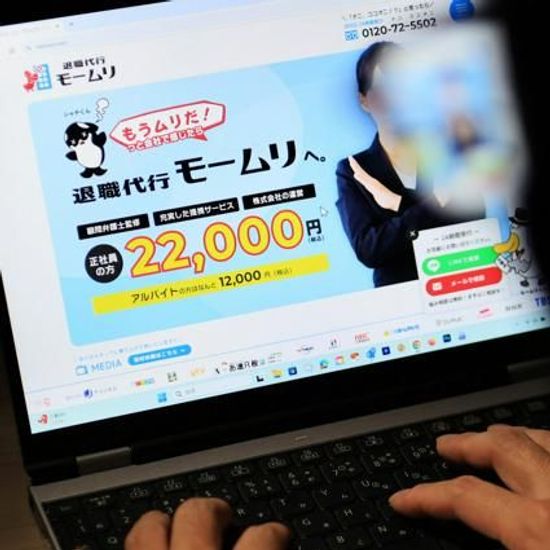A former employee of the Moomuri company in Japan has brought to light an array of illicit activities taking place within the organization. The whistle-blower, whose identity has yet to be disclosed, says they have conclusive evidence of these malpractices. The story came to light earlier this week and involves a wide range of suspected unethical and unlawful activities. The extent of the legality issues and the potential implications for Moomuri and its stakeholders remain under investigation.
In Japan, just as in many countries around the world, whistle-blowing scenarios like these can present a contentious issue. Japanese individuals value the harmony of the group and may struggle with the idea of an individual confronting an organization, especially one as large as Moomuri. Legal protections for whistleblowers are available, but societal attitudes towards them can be mixed. The public generally has a strong interest in corporate ethics and might see this case as a test of the Japanese legal system's ability to deal with such issues.
In the US and EU, similar issues would be handled with extensive investigations into the allegations made by the whistleblower. Many legal protections exist for whistleblowers in these jurisdictions, and public sentiment generally favors holding corporations accountable for illicit actions. That said, the process can still be an uphill battle for persons deciding to expose illegal practices internally.

